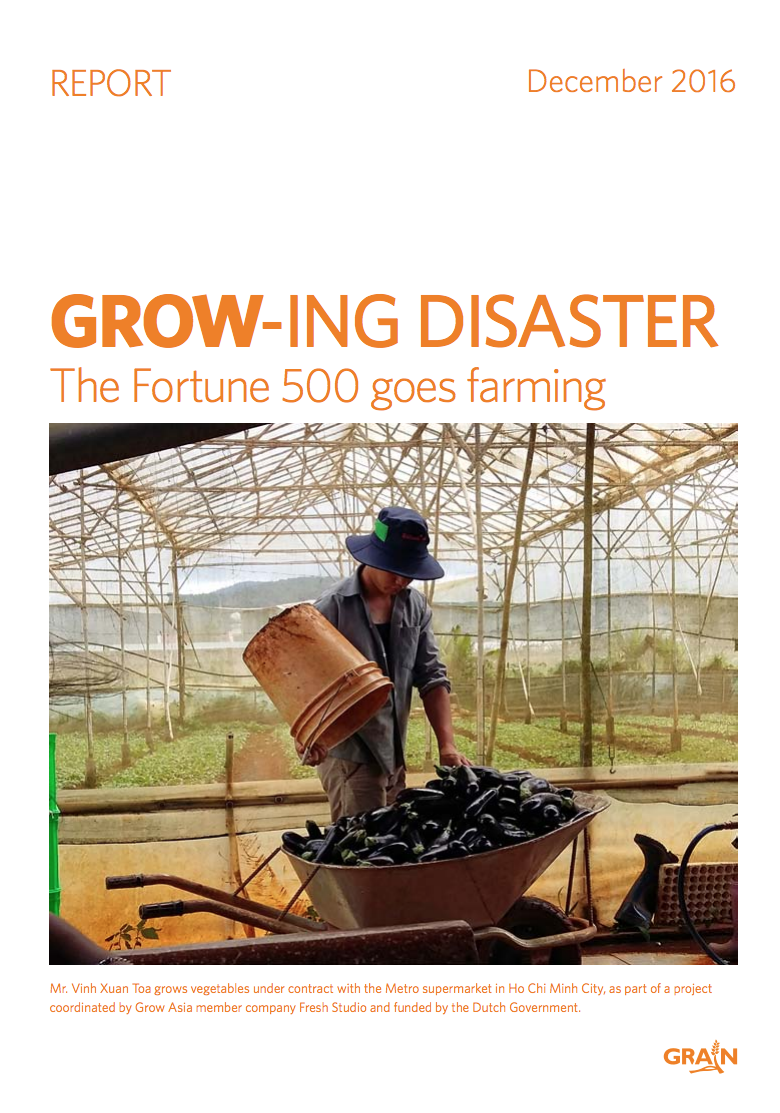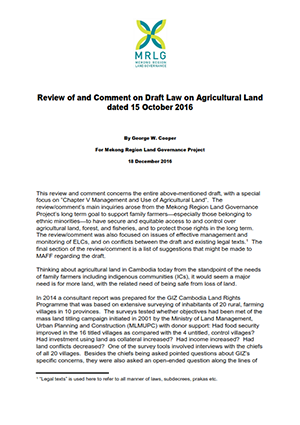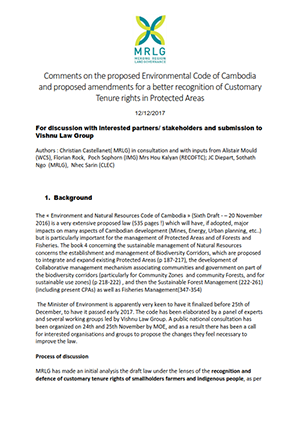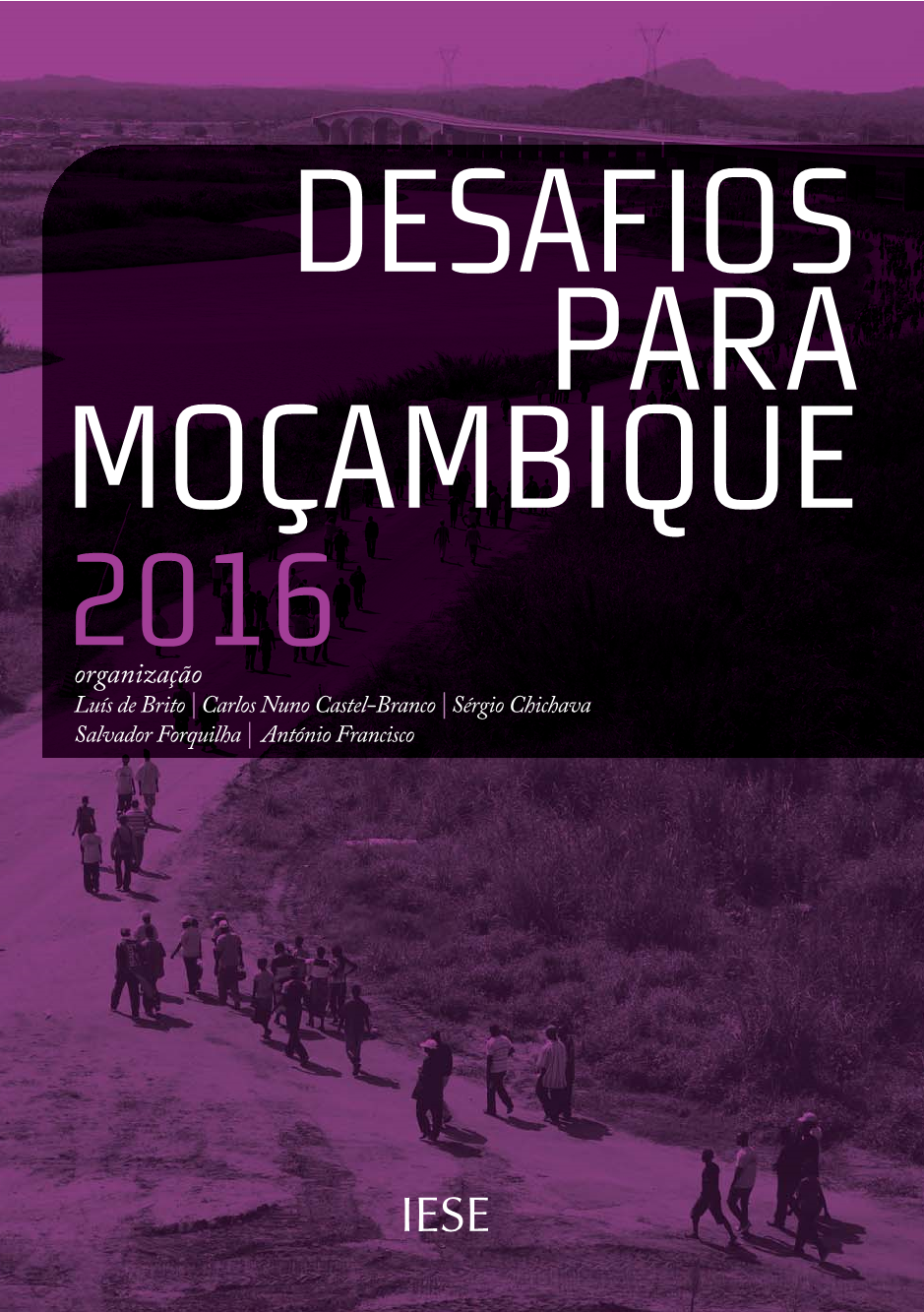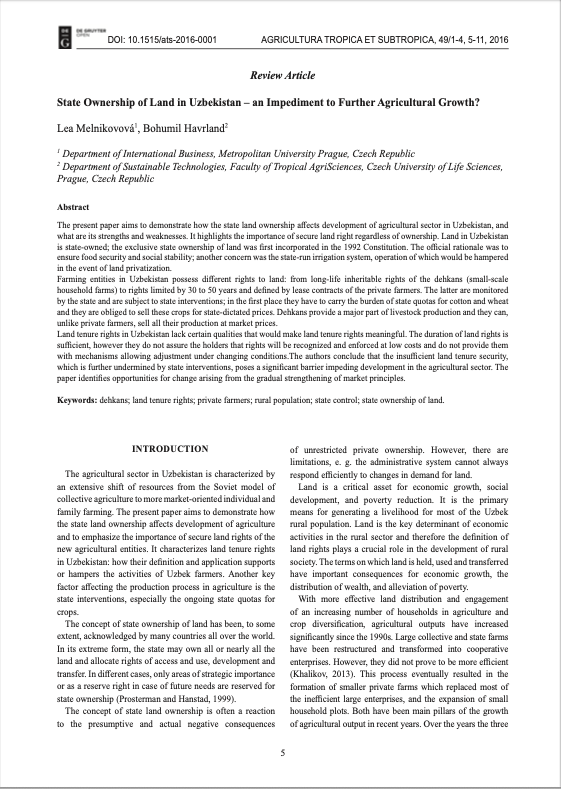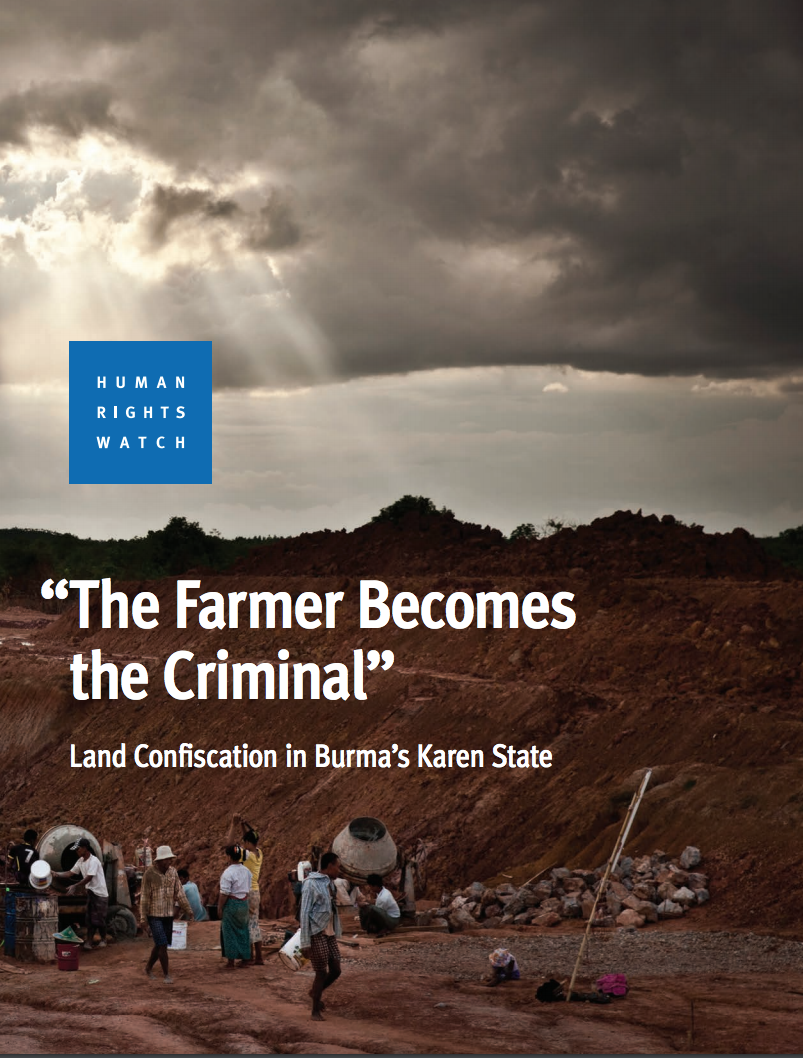REDES ALIMENTARIAS ALTERNATIVAS, CONTRIBUCIONES A LA RECONEXIÓN DEL CONSUMIDOR CON LA ALIMENTACIÓN
La industrialización agrícola en el sigo XX provocó una transformación en los procesos del sistema agroalimentario, que trajo consigo la desconexión del productor con el consumidor. En la actualidad, mientras que la mayoría de los consumidores sólo optan por la adquisición de alimentos para satisfacer las necesidades básicas de nutrición; otros consumidores empiezan a interesarse por la dimensión social, ambiental, cultural, territorial y de salud que engloba el hecho alimentario.

